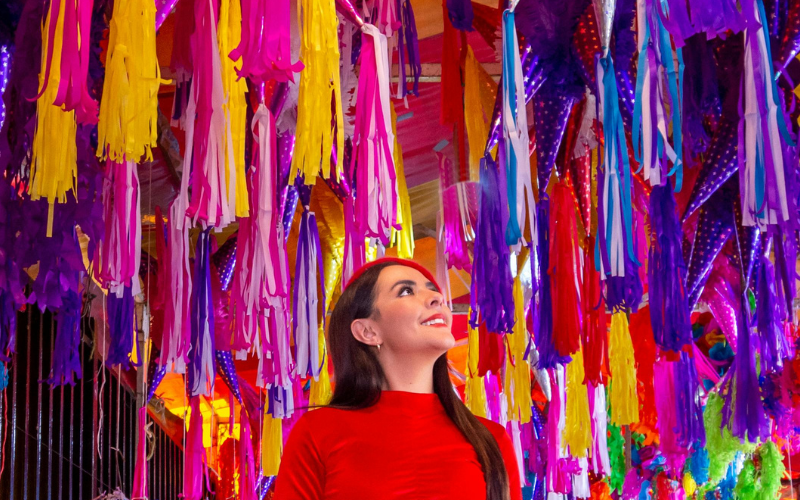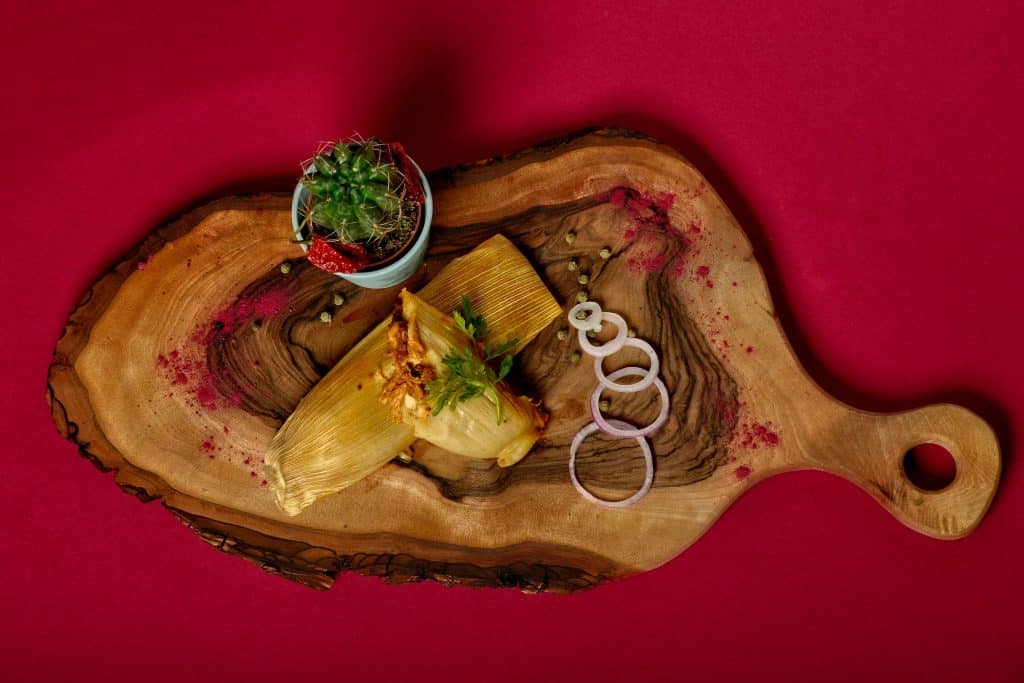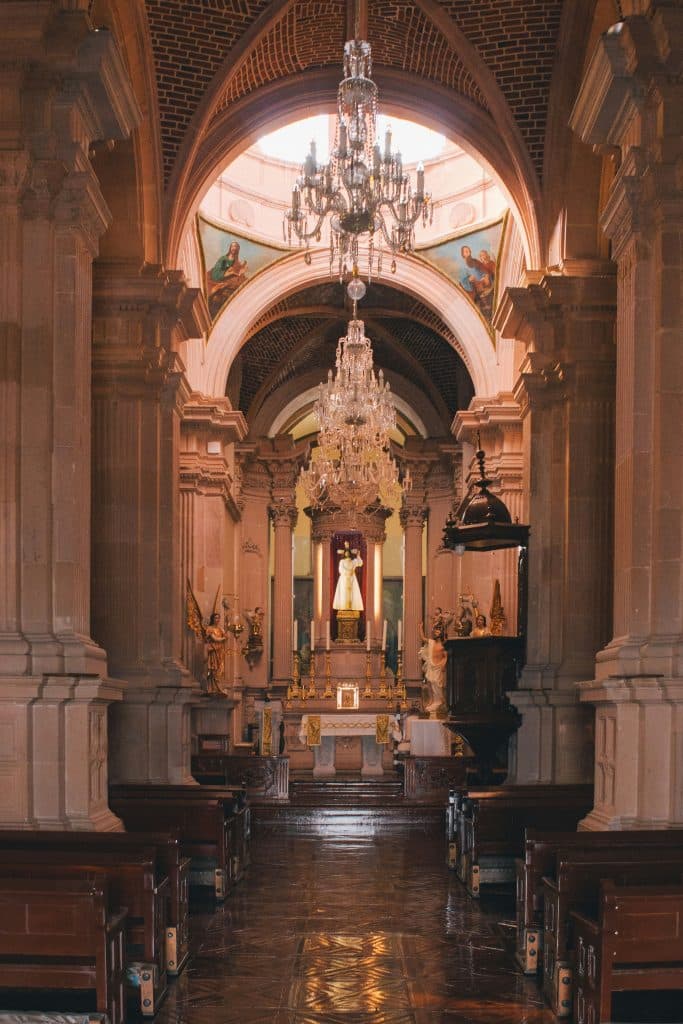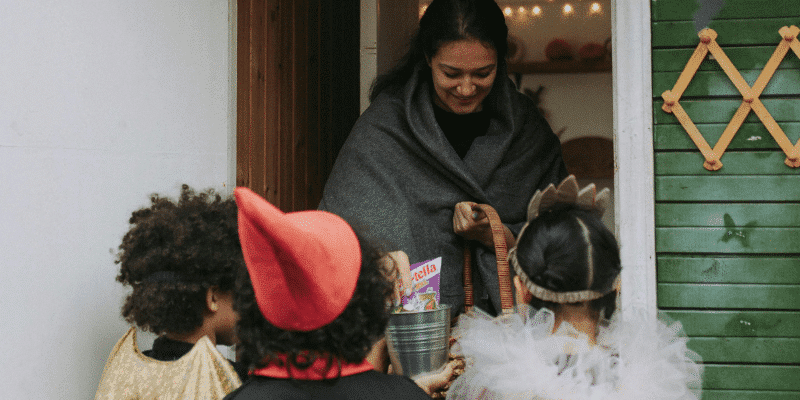10 Fun Facts About Las Posadas You Probably Didn’t Know

Las Posadas is one of the most beloved Christmas traditions in Mexico and other Latin American countries, and for good reason. If you’ve never experienced it, it’s a vibrant celebration of faith, community, music, and food. Like any custom, there’s more to Las Posadas than meets the eye. Whether you’re new to the celebration or have been part of it since you could walk, here are 10 fun facts about Las Posadas that might surprise you:
It Lasts Nine Nights for a Reason

The nine nights of Las Posadas represent the nine months of Mary’s pregnancy with baby Jesus. Each night symbolizes the journey Mary and Joseph took as they searched for a place to stay in Bethlehem. The celebration runs from December 16 to December 24, culminating in a big Christmas Eve feast.
The Word ‘Posada’ Means ‘Inn’

“Posada” literally translates to “inn” or “lodging,” which ties into the story of Mary and Joseph seeking shelter. Each night, participants reenact their journey by knocking on doors and singing carols asking for a place to stay—until one “innkeeper” finally welcomes them in.
The Tradition Dates Back Over 400 Years
Las Posadas originated in Mexico in the late 16th century. Spanish missionaries introduced the custom as a way to teach the Nativity story to indigenous communities. Over time, it became a cherished annual tradition, blending Catholic and indigenous practices.
Piñatas Are a Must

No Posada is complete without a piñata, and it’s not just for fun (though it’s definitely that, too). The traditional piñata is shaped like a seven-pointed star, with each point representing one of the seven deadly sins. Breaking the piñata symbolizes defeating sin and receiving the rewards of faith and goodness—usually in the form of candy, fruit, and small toys.
The Songs Are as Important as the Food

During Las Posadas, participants sing traditional carols known as villancicos while walking from house to house. One of the most famous is “Canto Para Pedir Posada,” a call-and-response song between the travelers (representing Mary and Joseph) and the innkeepers. It’s a beautiful way to bring everyone together in the spirit of the season.
Tamales and Ponche Galore

Food plays a huge role in Las Posadas, and no Posada is complete without tamales, ponche navideño (a warm fruit punch), and other delicious treats. In many homes, you’ll also find buñuelos (crispy fritters), atole (a warm, sweet drink), and other regional specialties. It’s a feast that’s as comforting as it is festive.
It’s Not Just a Mexican Tradition

While Las Posadas originated in Mexico, the celebration has spread to many other countries, including Guatemala, El Salvador, Honduras, and even parts of the Philippines. In the U.S., it’s a treasured custom in many Latino communities, particularly in states like Texas, California, and New Mexico.
It Brings Communities Together

One of the most beautiful aspects of Las Posadas is its sense of community. Neighbors open their homes, friends and families gather, and strangers come together to celebrate. It’s not just about reenacting a story—it’s about sharing love, hospitality, and connection.
The Final Night Is a Big Deal

The last night of Las Posadas, December 24, is the grand finale. After the final reenactment of Mary and Joseph finding shelter, many families head to midnight Mass (Misa de Gallo), followed by a festive meal. It’s the perfect way to transition from the anticipation of Las Posadas to the joy of Christmas Day.
It’s a Tradition That’s Always Evolving

While the core elements of Las Posadas remain the same, communities add their own unique twists. In some places, you’ll find elaborate costumes and live animals; in others, the focus is on food, music, and dancing. This adaptability keeps the tradition alive and thriving for each new generation.
Las Posadas is more than just a holiday tradition—it’s a celebration of faith, resilience, and the importance of welcoming others with open arms. Whether you’ve been celebrating it your whole life or are just learning about it, there’s no denying the magic and meaning behind it.




